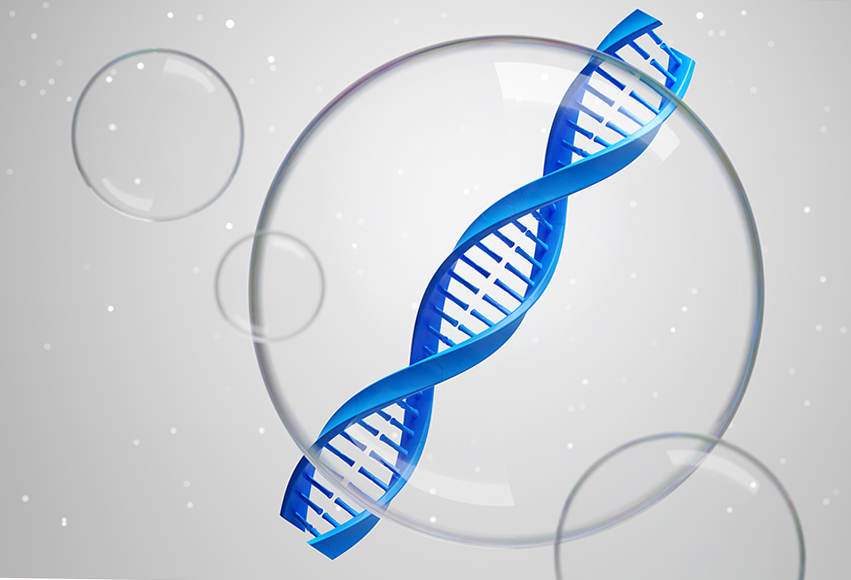
Decoding Cancer DNA:
How new techniques and discoveries
can transform personalized treatments
The importance of specific patterns of mutations in DNA
September 6 2024
Mutational signatures are specific patterns of mutations in the DNA of cancer cells, which may indicate environmental causes or cellular dysfunctions.
That is, they reflect the damage and repair processes during cancer development. These patterns can reveal environmental exposures (e.g., tobacco smoke or UV radiation) or internal malfunctions in DNA. Analyzing these signatures (almost like your own signature) helps us better understand the causes of cancer, and, better yet, personalize treatments based on the unique genetic characteristics of each person’s tumor.
In a study published on September 4, 2024, about whole genome sequencing (WGS) in cancer samples (biopsies or pathology samples), it is mentioned that formalin-fixed paraffin-embedded (FFPE) samples face challenges due to DNA damage. Thus, 578 FFPE samples were compared against 11,014 fresh frozen (FF) samples within the large 100,000 Genomes Project. Despite the lower quality of FFPE samples, it must be said that important variants and mutational signatures for algorithmic stratification can be detected in them.
The analytical methods currently developed allow the effective use of FFPE for whole genome sequencing, expanding access to cancer genomics in thousands of sites around the world where tertiary hospitals that allow the frozen sample method are not available.

This latest information is a further advance of the study, published in Science in April 2022, led by Professor Serena Nik-Zainal, from Cambridge, which examined the entire genomes of more than 12,000 cancer patients to identify mutational signatures.
